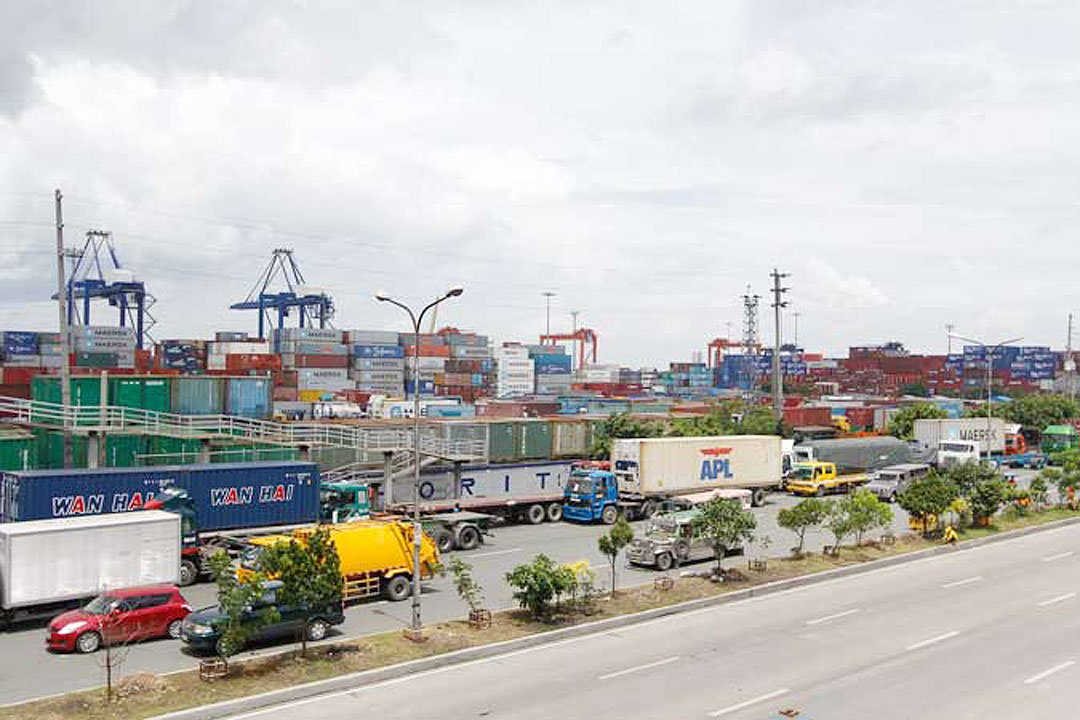
INFORMATION on cross-border trade rules and penalties is largely inaccessible to trade companies and customs brokers in the Philippines, with possible detrimental effects on key stakeholders like women, the World Bank Group said in a report.
The report, Trade Facilitation Challenges for Women Traders and Customs Brokers released on Monday, said almost a quarter of traders and more than a third of customs brokers find it hard to find information on border process rules.
They also need to go to multiple sources to find this information.
“Personal networks and customs brokers are a primary source of information on official regulations for traders,” the World Bank said.
A third of traders and customs brokers said that guidance on penalties is unclear, while most say they are not regularly consulted on changes to official procedures.
As they try to expand their businesses internationally, trade companies face burdensome border processes, expensive logistics services, and lack of information on international markets.
“The majority of traders and customs brokers businesses’ were impacted by the pandemic, reportedly largely because of delays for goods to be cleared and less demand for their products and services,” the report said.
The World Bank said the gap between men and women respondents is small.
“In fact, the findings demonstrate only minor differences between genders in some areas of trade facilitation, which is a testament to the government of the Philippines’ efforts to deliver trade facilitation initiatives that benefit men and women traders and customs brokers quite similarly,” the report said.
But more women customs brokers face challenges when it comes to getting information on border rules, with 44% of women saying official government websites and enquiry points are not responsive compared to 31% of men.
More women than men reported unclear information on pandemic-related border rules changes.
At the same time, more women find that their feedback is not taken into consideration when consulted about trade processes.
Fewer women traders — or 56% — are members of trade and industry associations, compared to 63% of men.
The report said that access to official border rules should be improved by promoting the use of the Philippine national trade repository and making sure that official legislation is easy to understand.
“Making sure the official regulations and processes are written in clear and simple language is important, particularly among women traders who, according to the survey, face a greater disadvantage in accessing information.”
A total of 2,101 trade companies in the Philippines were interviewed by phone from June to September 2021, 56% of which were women-led. Another 323 customs brokers were interviewed, with 43% led by women. — Jenina P. Ibañez



